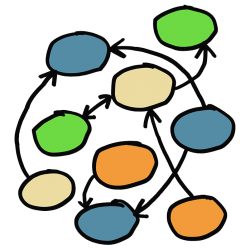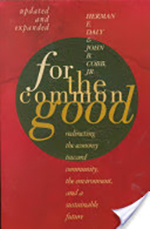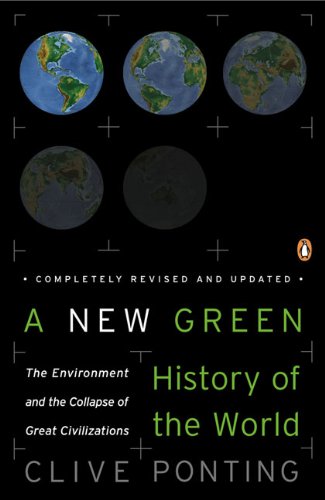A basic assumption of modern thought is that society is nothing more than the sum of its parts. An ecological civilization that would define human society as the person in community would result in very different and more positive social effects.
← Return to Seizing an Alternative
Section Tracks
- Track 1: Whitehead and Marx
- Track 2: Ecological Economics
- Track 3: Governance and Public Administration
- Track 4: Legal Profession and the Philosophy of Law
- Track 5: Management
- Track 6: Process Philosophy and Eco-politics
- Track 7: Social Life
- Track 8: Technology
“The art of free society consists first in the maintenance of the symbolic code; and secondly in fearlessness of revision, to secure that the code serves those purposes which satisfy an enlightened reason.”
– Alfred North Whitehead
A basic assumption of modern thought is that everything can be reduced to its parts, the whole being nothing more than their sum.
The statement may seem innocuous enough at first glance, until it becomes clear that such a view has no primary place for ecological relations. Relationships are always derivative of individual units, and lack status as being fundamentally important to the nature of things. A civilization that aims to put ecological relations back at the core of our understanding will have to challenge this assumption.
Both the Axial Ways and current efforts at holistic healing and growth are strongly person-centered. This does not mean that they are indifferent to the wider society. They nurture values that lead to concern for others and for the society as a whole. And most of them create communities among their followers. But they rarely give extensive attention to the way the wider society is or should be organized. Their teaching sometimes works against the move to an ecological civilization, sometimes supports it. The social and ecological consequences of diverse personal development require systematic attention.
Although the quality of personal life is important, and much can be gained by focusing attention on it, all such achievements depend on social and ecological conditions. Improvements in personal development can certainly improve society, but it is at least equally true that social health is needed for the full development of persons. There are many features of social order that must be considered quite separately from the issues of full realization of the potential of individuals.
Indeed, individuals are what they are largely by virtue of the societies to which they belong, but also the society is what it is by virtue of the individuals that constitute it. This reciprocal relation applies throughout nature. It certainly applies to human persons and their communities and has meaning for social and political thought, law, governance, business and economics.
An ecological civilization would define human society as persons in community. This discourages both the view that the society is simply a collection of individuals and the reduction of the importance of individuals in favor of the society as a whole. Individuals become full persons only in the context of community, and societies become authentic communities only as the people who make them up become strong persons.
Insights like this can lead to new developments in academic disciplines such as economics, sociology, political theory, and jurisprudence as well as providing guidance in business management and public administration. This discussion also considers the impact of technology on society, both destructive and benign.
In China today the philosophy of Alfred North Whitehead is a serious candidate for widespread acceptance especially in the form of “constructive postmodernism.” Recently, after long suppression, the potential of Confucianism to help Chinese society has been recognized at the highest levels of government. Discussion of Whitehead and Confucius has immediate and profound importance in China and should be of interest more broadly.
By John B. Cobb, Jr
Plenary Speaker
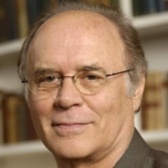
William Connolly
William Eugene Connolly is a political theorist known for his work on democracy and pluralism. He is the Krieger-Eisenhower Professor of Political Science at Johns Hopkins University. and was Political Science Department Chair from 1996-2003. Connolly has taught as a visiting professor at numerous schools including The University of Exeter, European University Institute, Oxford University, and Boston College. His book The Terms of Political Discourse won the Benjamin Evans Lippincott Award in 1999: the book is widely held to be a major work of political theory. In 2004, he won the Fulbright Award to deliver the keynote address at the Kyoto Conference in Japan. Connolly is also a contributing writer to The Huffington Post and a founding member of the journal Theory & Event.
Lecture Title:
An Atom Is Hard to Find
Section X Chair
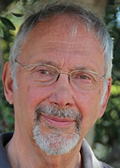
Vern Visick
Vern Visick holds a PhD in Ethics from the University of Chicago. He is currently Executive Director of New College Madison, developing conferences, seminars and lectures in Madison and other locations. For more than twenty-three years, he developed programs on religion and politics and the ethics of student development on the UW-Madison campus, in addition to counseling and worship responsibilities and serving on the boards of community organizations.
Suggested Resources
Links to Section-related books and media for pre-conference preparation include:
